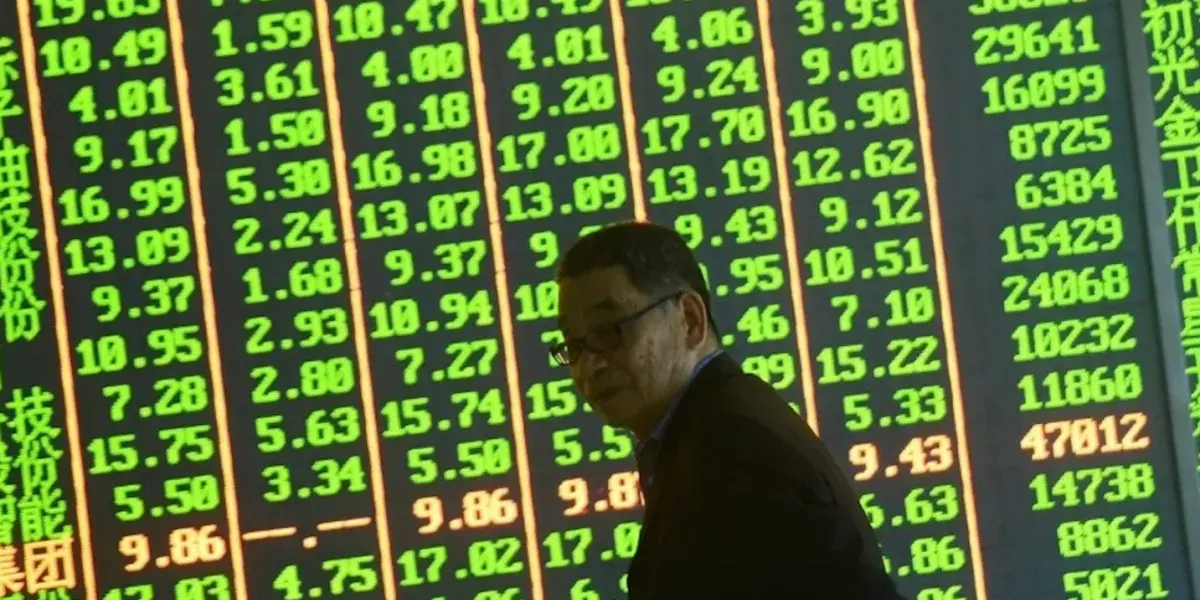In a bid to boost its country’s currently flagging stock market, the Chinese government is keeping those holding restricted shares from lending out these stocks. This essentially makes betting on price drops more difficult and could keep low points within manageable limits.
The China Securities Regulatory Commission (CSRC) announced on Sunday, January 28th, that the said ban will give investors ample time to consider recent market reports and the performance of specific stocks. By doing so, the CSRC hopes to make the market structure fairer and more equitable among participants.
The said curbs take effect on March 18th, 2024, when companies involved in securities finance will be required to wait one business day before the transfer of borrowed shares to brokerage firms. However, the commission has not advised when the curbs could be lifted.
What’s the Problem Here?
Restricted shares are defined as corporate stocks that are not entirely transferable unless stipulated conditions are met. Once a potential buyer complies with these conditions, the shares lose their restricted status and may be transferred to them.
The practice of stock lending is a key part of short selling. In such cases, investors place bets on declining markets by borrowing stocks or selling them. This is done, however, with the possibility of buying these back at a later date when their prices drop. This practice tends to amplify the adverse effects of a market slump.
What Happens Now?
According to government statements regarding the curbs, these will affect anyone holding restricted shares, who are usually those employed by the companies that own the shares. These may also impact any strategic investors who may have such stocks in their possession.
Restrictions on short selling have been in place for a while now, and similar bans implemented as of October 2023 have already decreased the value of lent stocks, particularly those from strategic investors, by as much as 40%.















